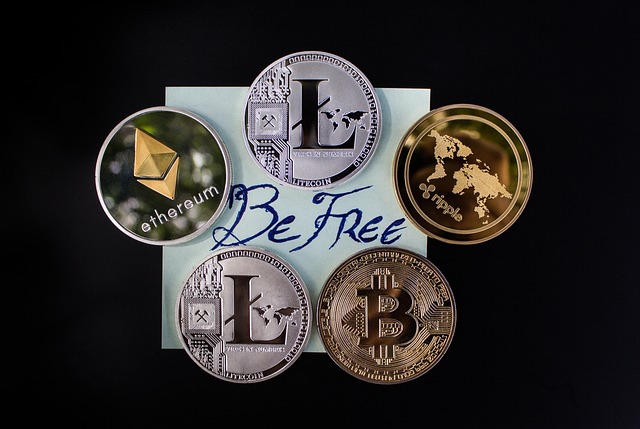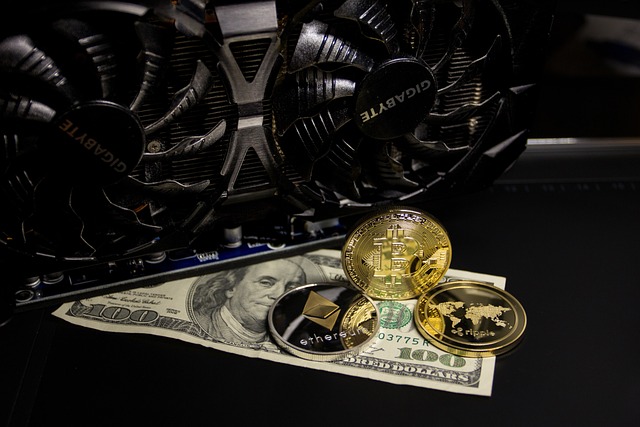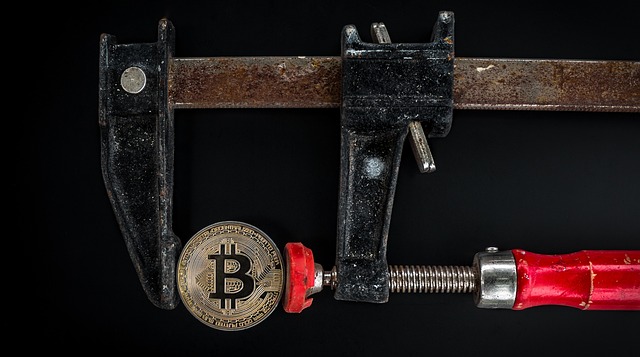DeFi Advantages for Businesses: A Competitive Edge
DeFi Advantages for Businesses: A Competitive Edge

Tokenization of Assets: Discussing the benefits of asset token
Asset tokenization refers to the process of converting real-world physical assets into digital tokens on a blockchain.

Furthermore, asset tokenization also offers increased transparency and security. The use of blockchain technology ensures that all transactions are recorded and stored in a decentralized and immutable manner. This eliminates the need for intermediaries and reduces the risk of fraud, as the entire transaction history can be traced and verified by all participants on the network.

What is tokenization of assets?
Tokenization of assets is the process of converting physical or digital assets into tokens on a blockchain or another distributed ledger technology.
What are asset tokens?
Asset tokens are digital representations of real-world assets such as real estate, stocks, bonds, or commodities. These tokens are backed by the value of the underlying asset.
What are the benefits of asset tokens?
Asset tokens offer several benefits, including increased liquidity, fractional ownership, 24/7 market access, reduced transaction costs, and enhanced security.
Can you explain increased liquidity in asset tokenization?
By tokenizing assets, it becomes easier to buy, sell, and trade them instantly, leading to increased liquidity. Investors can quickly convert their tokens without the need for intermediaries or lengthy settlement processes.
How does tokenization enable fractional ownership?
Tokenization allows assets to be divided into smaller fractions, enabling investors to purchase only a portion of an asset. This opens up investment opportunities to a wider range of individuals who can now afford fractional ownership.
Why is 24/7 market access important in asset tokenization?
Asset tokens can be traded 24/7, unlike traditional markets that have limited trading hours. This provides investors with the flexibility to buy or sell their tokens at any time, regardless of their geographical location.
How does tokenization reduce transaction costs?
Tokenization eliminates the need for intermediaries, such as brokers, custodians, or clearinghouses, resulting in lower transaction costs. The direct peer-to-peer nature of token transfers reduces fees and minimizes administrative expenses.
How does asset tokenization enhance security?
Asset tokens are secured using blockchain technology, which provides transparency, immutability, and cryptographic security. This reduces the risks of fraud, counterfeiting, and unauthorized access to asset ownership records.
Are there any regulatory concerns with asset tokenization?
Yes, there are regulatory concerns surrounding asset tokenization, as it is a relatively new concept. Governments and regulatory bodies are still developing frameworks to address legal, compliance, and investor protection issues.
Can any asset be tokenized?
In theory, any asset can be tokenized. However, the practicality and feasibility may vary depending on the asset type, regulatory restrictions, and market demand.
Is asset tokenization suitable for all investors?
Asset tokenization offers opportunities for both retail and institutional investors.

Todays Featured Product:
Buy, exchange and grow your crypto securely with a Ledger hardware wallet, combined with the Ledger Live app. It’s never been easier to keep your crypto safe and accessible. Buy direct from Ledger.com and get todays Special Offers Here.




